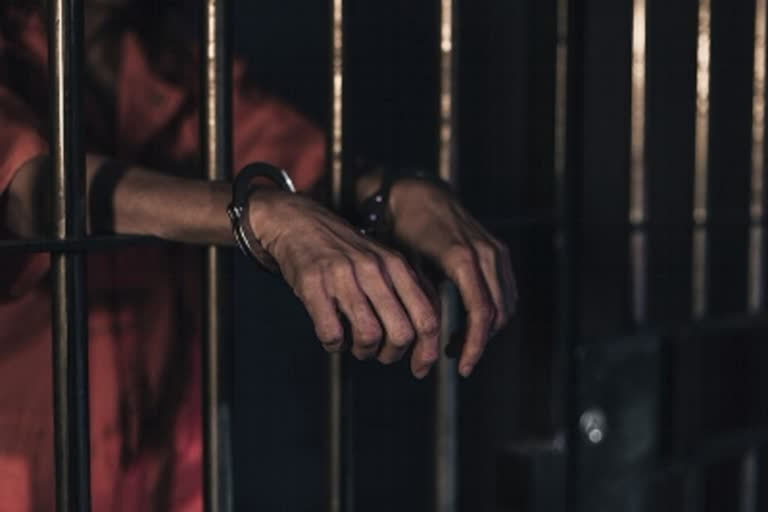New Delhi: The Supreme Court on Thursday noted that the country's prisons are overburdened by 5000 people every month, while hearing a matter pertaining to the issue of undertrial prisoners who continue to be in custody despite having been granted the benefit of bail. The court stated that this situation arises mostly because of the system's inability to furnish bail bonds.
The apex court bench comprising Justices Sanjay Kishan Kaul and Abhay S Oka was hearing a suo moto writ petition that was instituted for the purposes of issuing a comprehensive Policy Strategy for the grant of bail.
Advocate Gaurav Agrawal stated during the hearing that there are 5000 undertrial prisoners who have been in jail despite grant of bail, out of which 2357 have been provided legal assistance and now 1417 persons have since been released. He also gave the reference of a report submitted by NALSA to support his argument.
Agrawal further said that one of the main reasons that leads to this situation almost every month is the prisoners' failure to furnish bail bonds even after getting bails, especially in cases where a single person is accused in multiple cases. This happens as the undertrial custody will be counted in all the cases in the given scenario, Agrawal explained.
Hearing the concerns raised by the amicus curiae the court observed that If the bail bonds are not furnished within one month from the date of grant bail, the concerned Court may suo moto take up the case and consider whether the conditions of bail require modification/ relaxation.
The bench further observed in the order that, "...to ensure that the remaining undertrial prisoners who are unable to furnish surety or bail bonds due to poverty, NALSA is in the process of creating a master data of all such undertrial prisoners in excel sheet with all relevant details." These details, it stated, will include the reasons for non-release and steps taken by persons who are unable to furnish bail bonds with the respective SLSAs/DLSAs. The result would be obtainable in about one or two months’ time, the court added.
Opining about the same matter during a lecture in Varanasi, Justice Kaul recently said that some kind of a revolution, an out-of-the-box thinking, was required to dispose of the pending cases on bail and remission. "Or it would take 500 or even 700 years for the judiciary to dispose of them. Around 33% of the cases to the Supreme Court were bail applications. This needs some kind of introspection," he had said.
